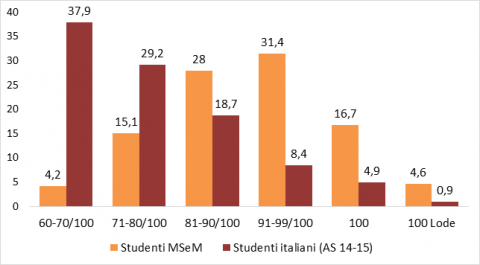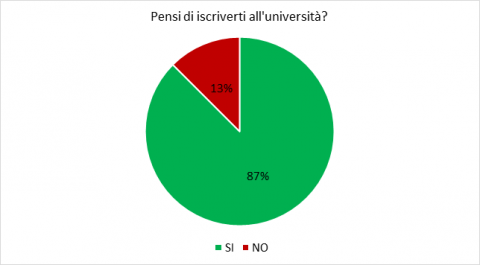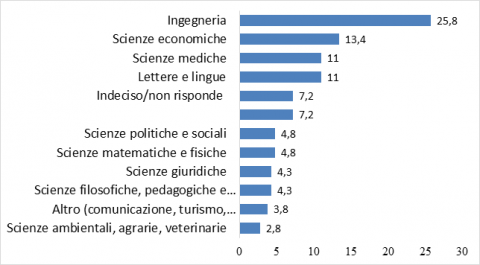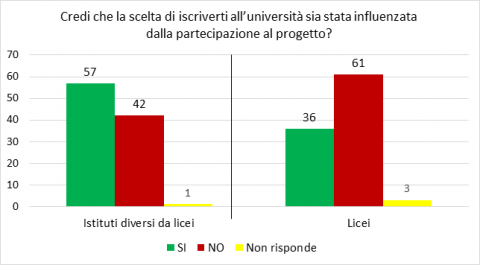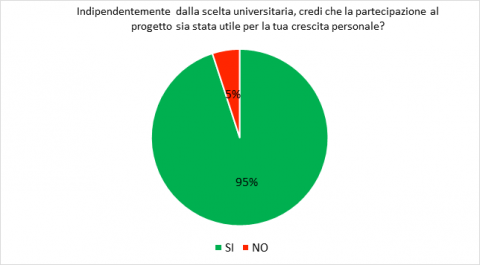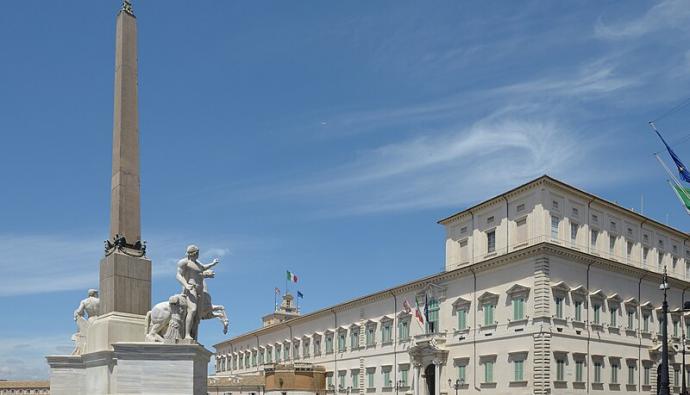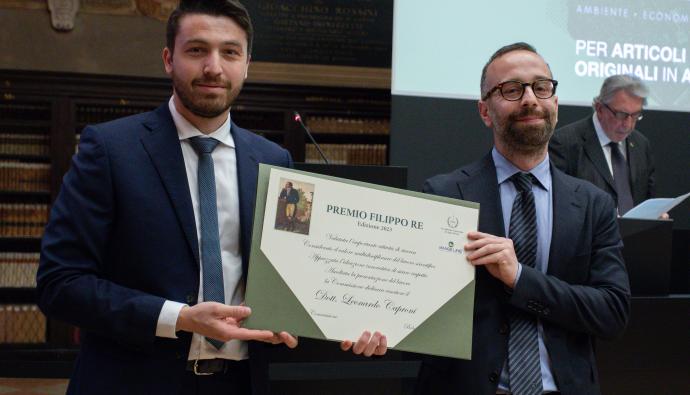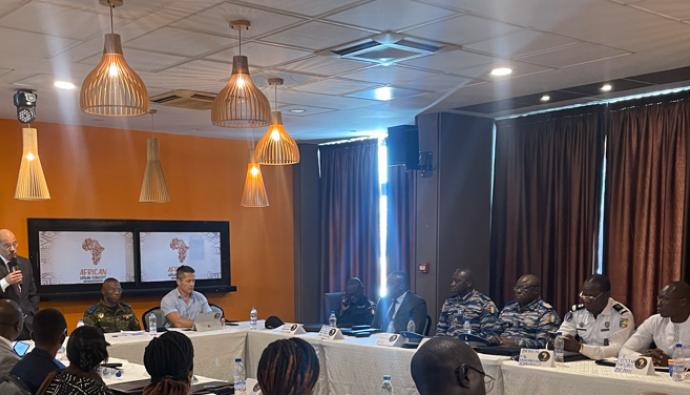SOCIAL MOBILITY AND MERIT, PROJECT RESULTS PRESENTED IN ROME AT MINISTRY OF EDUCATION, UNIVERSITY AND RESEARCH: UNIVERSITIES AS THE ENGINES OF SOCIAL MOBILITY SUPPORTING BRIGHT STUDENTS FROM DISADVENTAGED BACKGROUND
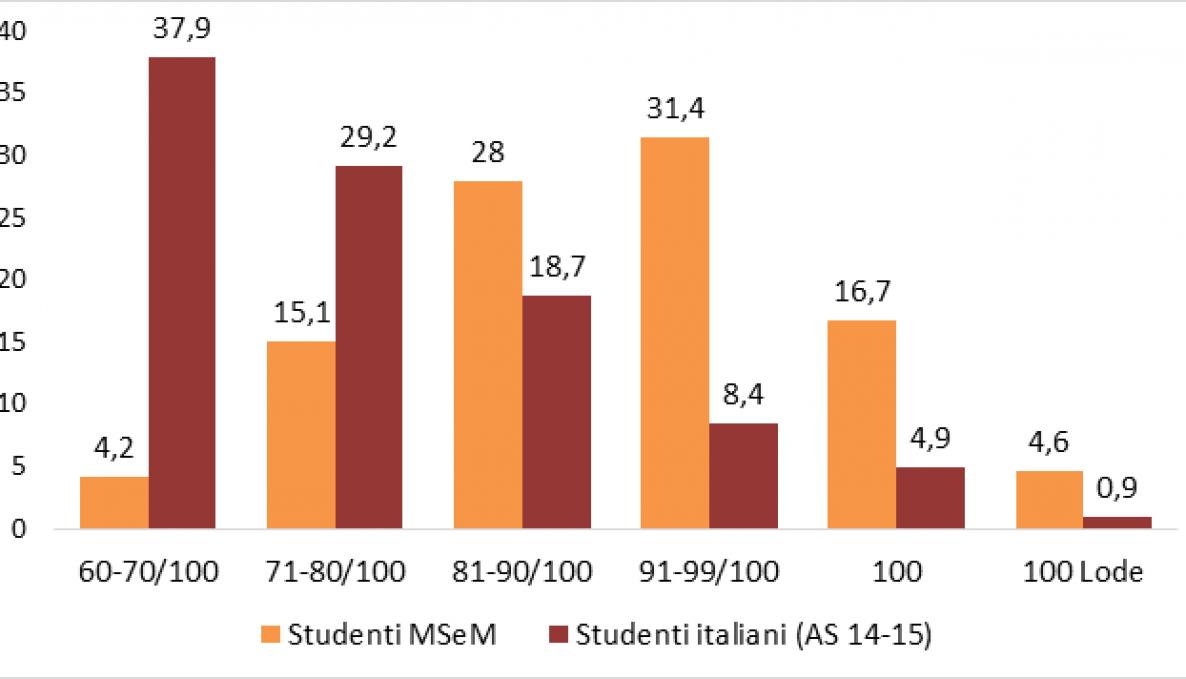
Do Italian universities promote social mobility or contribute to equality in access to higher education? Do universities commit themselves to ensuring that disadvantaged young people, without the benefit of educated parents at home, reach their potential? Are disadvantaged students more likely to rely upon their school curriculum to provide the intellectual foundation they need to advance to university or a rewarding career?
The “Consensus Conference – Social mobility and meritocracy to invest in Italy’s future talent” was held in Rome at the presence of MIUR Minister Valeria Fedeli, academics, experts and industry representatives. The conference focused on the subject of social engagement and meritocracy as drivers of social mobility and equal access to opportunity. The aim is to build a strategy for extending opportunities so that all students in Italy, from a richer or poorer background, have the chance to realize their full potential and to boost Italy as a hub of education excellence and a core part of the innovation industry.
“It is crucial to produce with urgency a strategy - stated Giuliano Amato, - we often forget that socio-economic status affects university access. You may think it is impossible that a young gifted student misses the opportunity to develop his/her talent and Italy misses a precious human-capital resource because of economic disadvantage. It happens that it becomes an educational disadvantage. Social inequality in educational attainment at school needs to be tackled: this conclusion summarizes findings from the “Social mobility and Merit” report on the progress made towards improving social mobility. This question was posed to “Consensus Conference” guest speakers Giovanni Brugnoli (vice president, Confindustria – Human Capital ), Giovanna Boda (Head of Department, Office of Equal Opportunity, Presidenza del Consiglio dei ministri), Innocenzo Cipolletta (president, Assonime ), Ivano Dionigi (president, consorzio AlmaLaurea), Catia Tomasetti (president, Acea), Francesco Mantovani (expert, “The European House Ambrosetti”).
Sant’Anna School “Social Mobility and Merit” project, conducted in partnership with the Ministry of Education, University and Research, shows “very good” results. 290 secondary school students, from families with uneducated parents, participated in the survey. The research found positive correlation between private tutoring (offered by Sant’Anna School students) and academic achievements. The state secondary school students receiving tutoring highly improved their performance and passed their graduation exam getting excellent marks. 90% of students who got high marks decided to apply to university. Sant’Anna students’ expert advice and support for all stages of the process played an important role in enhancing school students’ engagement and motivation. Peer tutoring appeared to be particularly effective for technical/professional secondary school students. Among them, 60% applied for admission to university. Overall, 95% of students involved in the “Social Mobility and Merit” project were very satisfied and appreciated the opportunity to achieve personal growth and development and to be inspired to improve and empower themselves by discovering where their academic potential lies.
26 state secondary schools (in 5 regions: Campania, Lombardia, Sardegna, Sicilia, and Toscana) participated in the 2013-2016 “Social Mobility and Merit” project. The research process, from peer tutoring to a summer program (in Volterra) designed to introduce college life to prospective students. The program, open by invitation, allows students to enrol in an intensive course “to reduce information asymmetries that often hinder access to higher education of young people from low SES families ", and to "provide students with cultural and intellectual capital required to make a conscious choice and taking action towards the future they wish".

